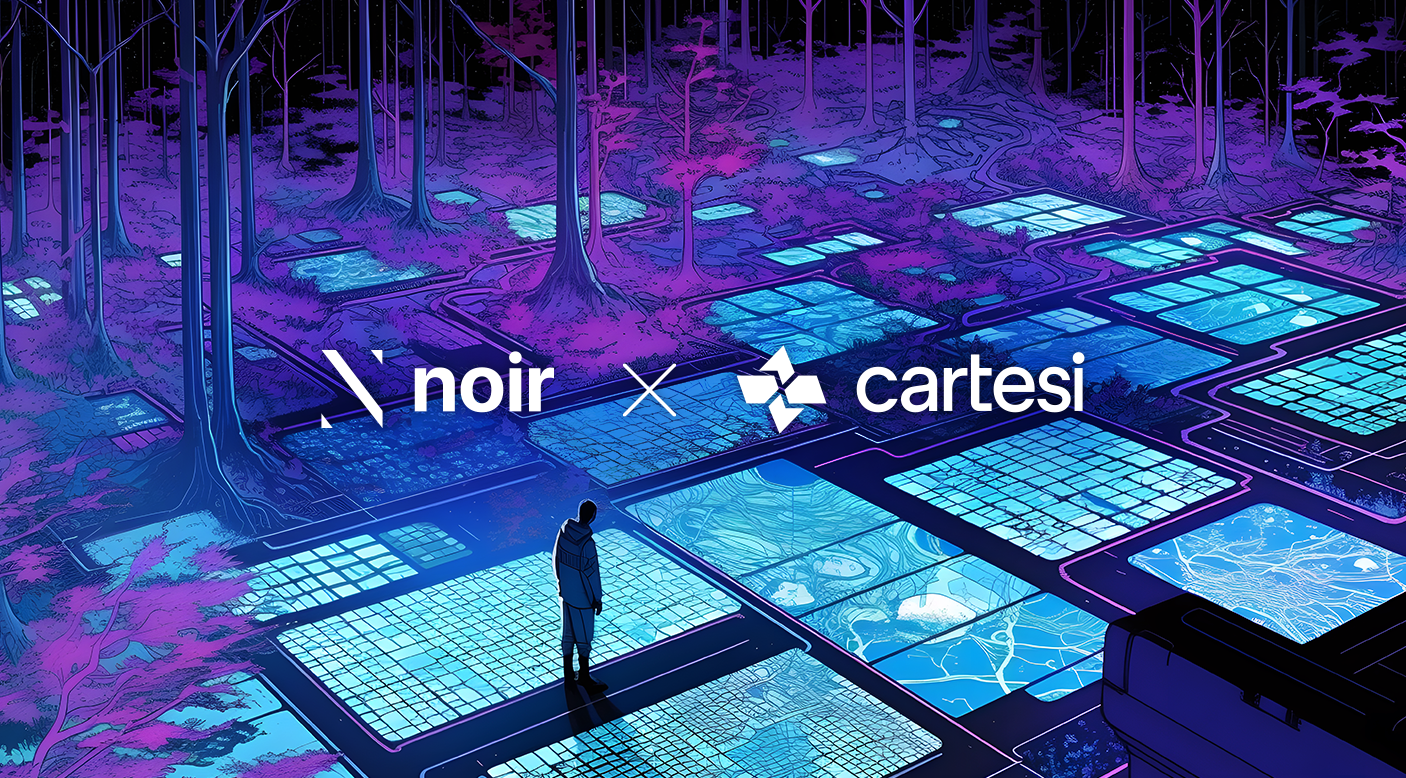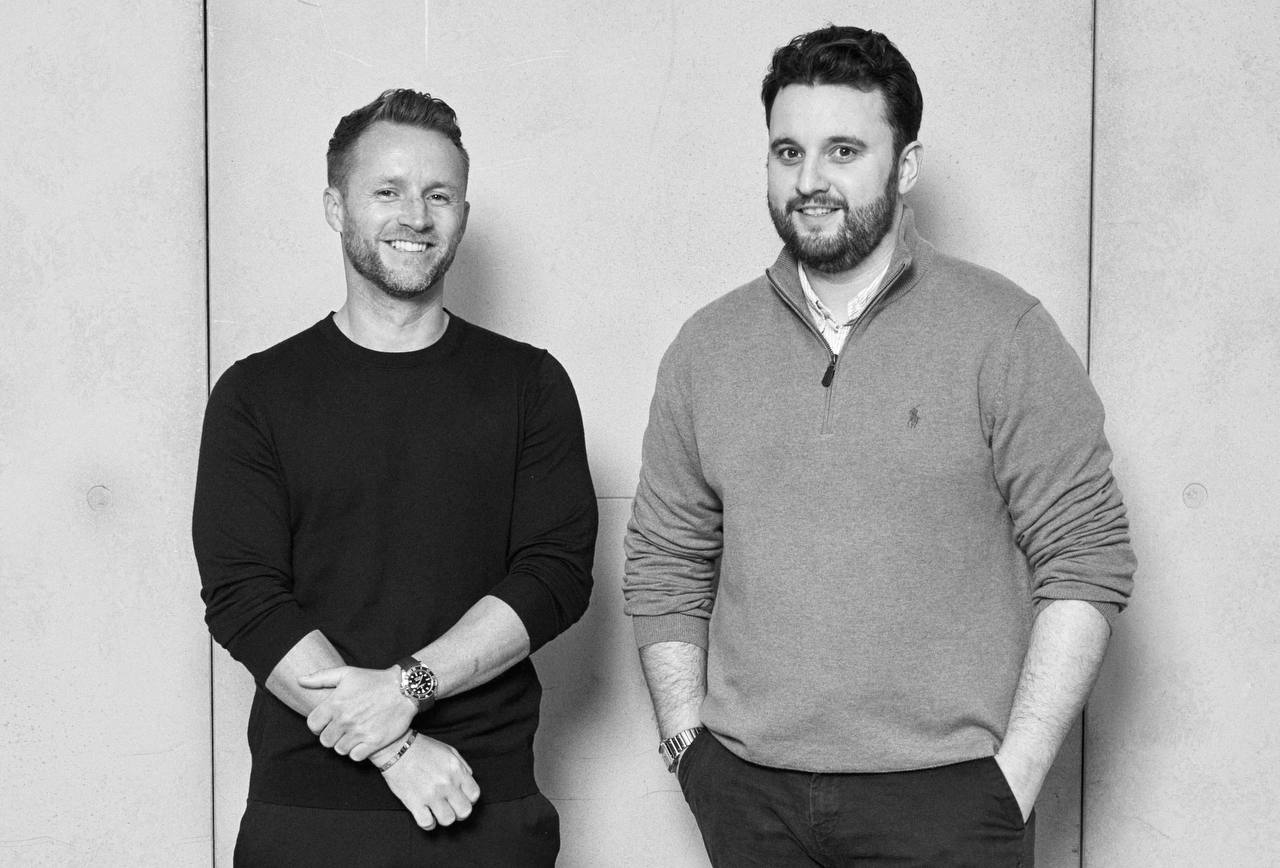The metaverse is set to reconfigure many key industries, but also change the way we interact, game, and create new things. Being this early, it’s important to identify upcoming key trends that will set the standards in the metaverse and shape its inception. So far, there are already clear trends in gaming, content creation, and coordination groups known as DAOs.
Metaverse Gaming
By the end of this decade, the global gaming market is expected to surpass $300 billion. Already, NFT gaming is thought to make up 10% of that, a sizable share considering its rapid growth over the past 12 months. Though gamers have been particularly averse to NFTs, they are being touted by tech-experts as a key technology likely to power digital ownership and authorship in the metaverse.
In gaming, NFTs have the potential to be used in myriad ways to transform in-game economies and enable the ownership and interoperability of digital assets. They might even be used to track achievements and represent social identities through ‘Soulbound Tokens’, a kind of token like an NFT that cannot be sold or transferred to others.
While the ‘play-to-earn’ model pioneered by Sky Mavis’ Axie Infinity has enabled a degree of financial freedom for troves of people just by playing games, so far it’s proved unsustainable. It wouldn’t be surprising to see new hybridized models. The next installment in the Axie Infinity ecosystem, for example, will have a lower barrier to entry, partly mimicking the successful free-to-play model in games like Fortnite and League of Legends, but empowered by blockchain to give ownership and tradability of digital assets.
Digital Ownership
These same digital assets could drive us into a new era of digital ownership rights. Currently, many major tech platforms take a significant cut from the profits of content creators using their platforms for social reach. For streamers that are ‘affiliates’ on the platform, Twitch takes a not-so-generous 50% of all earnings through subscriptions, bits and cheers. Steam takes 30% off game developers’ hard-earned rewards for their work, too.
Those bullish on Web3 and crypto expect this to change; using NFTs and blockchain, they believe that content creators will have true digital ownership of their creations and thus will be able to better profit from their own work.
Tokenized assets are quickly being assessed by regulators and legal experts for the new era of digital rights. It’s believed that the metaverse will enable newly sustainable, fairer and more transparent business models for content creators where they can truly own their own work and profit from it without rapacious platform fees.
Social Coordination
DAOs—Decentralized Autonomous Organizations—is a digital organization without a centralized authority operated by a set of rules encoded on an underlying blockchain. DAOs have a treasury and operate through creating and voting on proposals. Usually, they’re used to democratically decide on certain important features of a project, where to take it next, or what to do in certain situations. For example, users in a group could vote on where best to put a portion of their treasury; who to hire; or whether a feature should be scrapped in favor of something else.
Despite being nascent and prone to manipulation, DAOs have a great potential for democratic, social coordination, and could change the face of fundraising as we know it. According to DAO Data Aggregator Deepdao.io, the combined market cap of all DAOs reached $21 billion USD in January 2022—we can expect to see this grow as DAOs become more utilized tools for social coordination.










